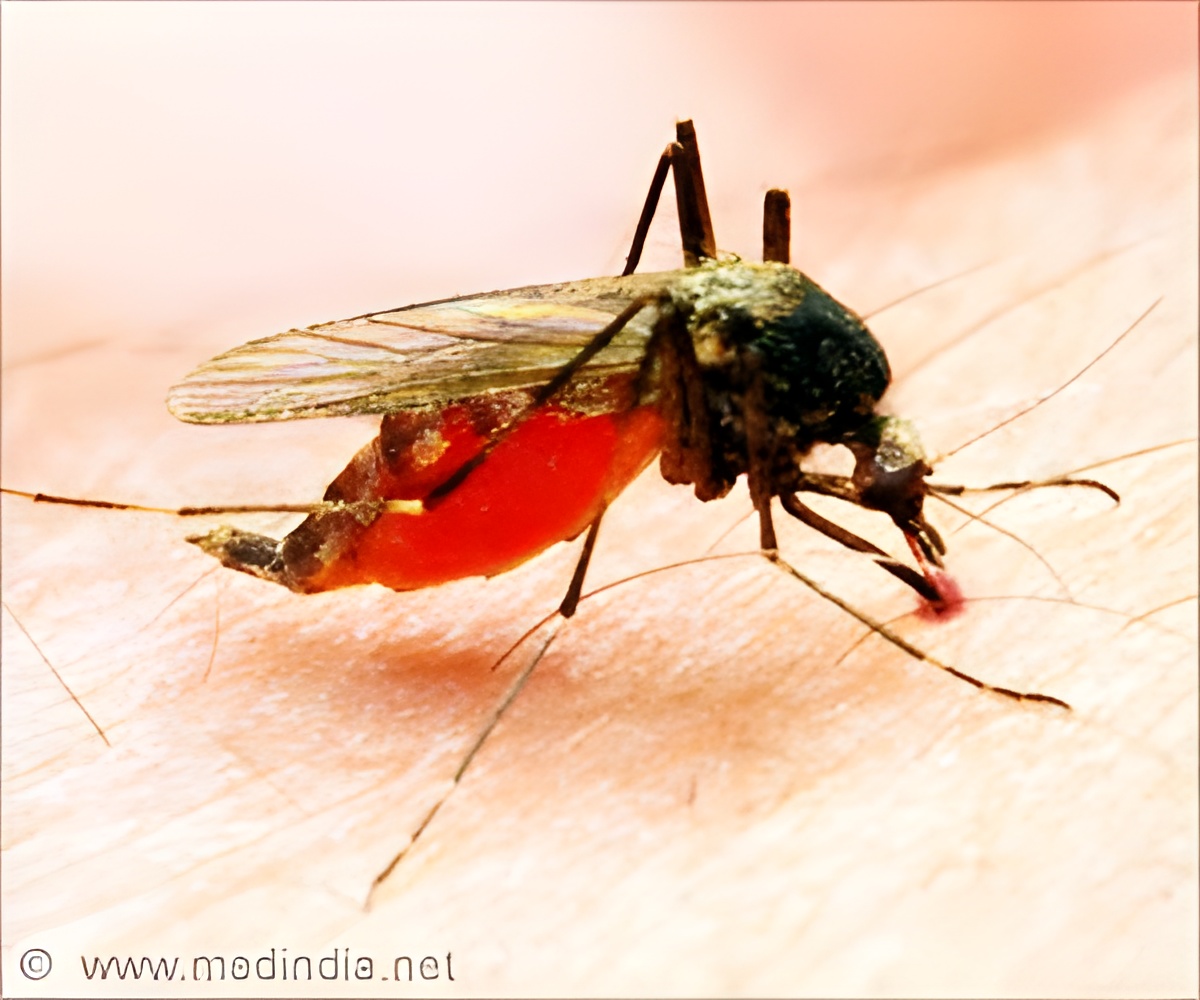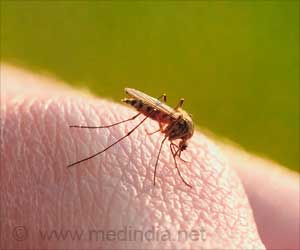
Currently the experiment is being conducted in Jalna, Maharashtra. This technology has been a good success in Brazil, according to reports. Few years ago, Professor Luke Alphey of the Department of Zoology at Oxford developed the technology using genetically engineered male Aedes aegypti. He started a commercial company called Oxitec, to market his creation.
The technology involves the alteration of the genetic composition of male mosquitoes by introducing a strain called OX513A that renders them sterile. When these male mosquitoes mate with female wild mosquitoes, the gene is passed on to the offspring, which do not survive beyond the larva stage. The only way to keep them alive is by administering an antibiotic called tetracycline, which, however, is not available in nature, according to the report.
The mosquito population can come down drastically in a given area if these GM male mosquitoes are released in adequate numbers within a very short time. The average life span of the Aedes aegypti is only about 15 days.
The technology has been successfully tested in Brazil and authorized for commercial use. This technology also won several awards. Other countries including United States and Panama too are carrying out testing.
GBIT, founded by B R Barwale, a Padma Bhushan awardee who also founded the better-known Maharashtra Hybrid Seeds Company Private Limted or Mahyco, has entered into a partnership with Oxitec to use this RIDL (release of insects carrying a dominant lethal gene) technology. In September 2011, GBIT procured 10,000-12,000 GM mosquitoes from Oxitec for research.
Advertisement
The ability of GM mosquitoes to mate is only one of the criteria on which the future of the technology depends. For the mosquitoes to be used commercially, GBIT scientists will have to demonstrate it is environmentally safe, does not impact normal living of any other species, and is not harmful for humans. The process is similar to that for any GM product, such as agricultural crops.
Advertisement













